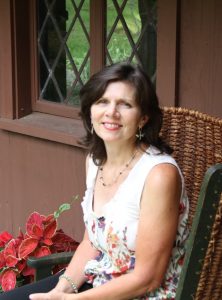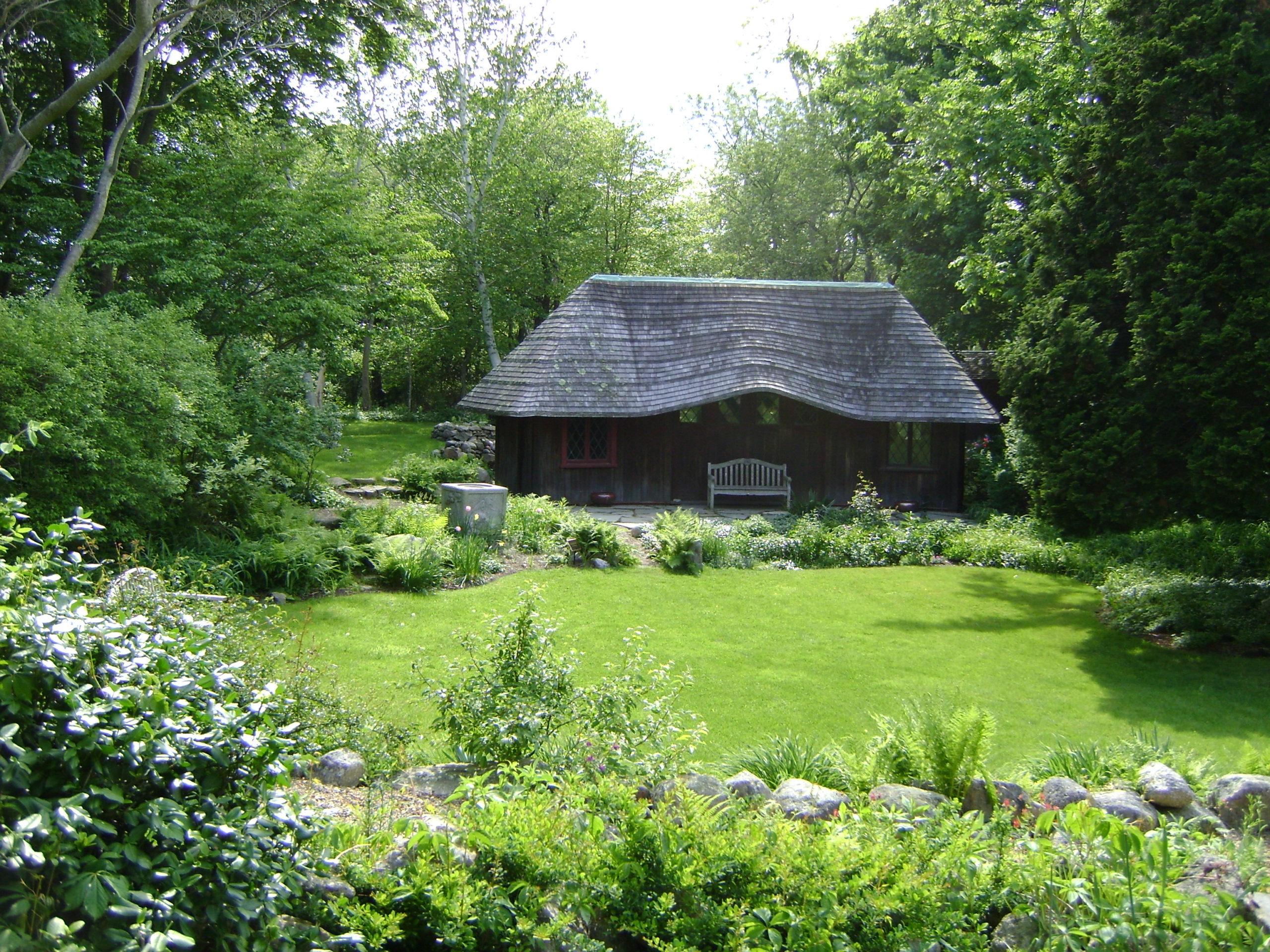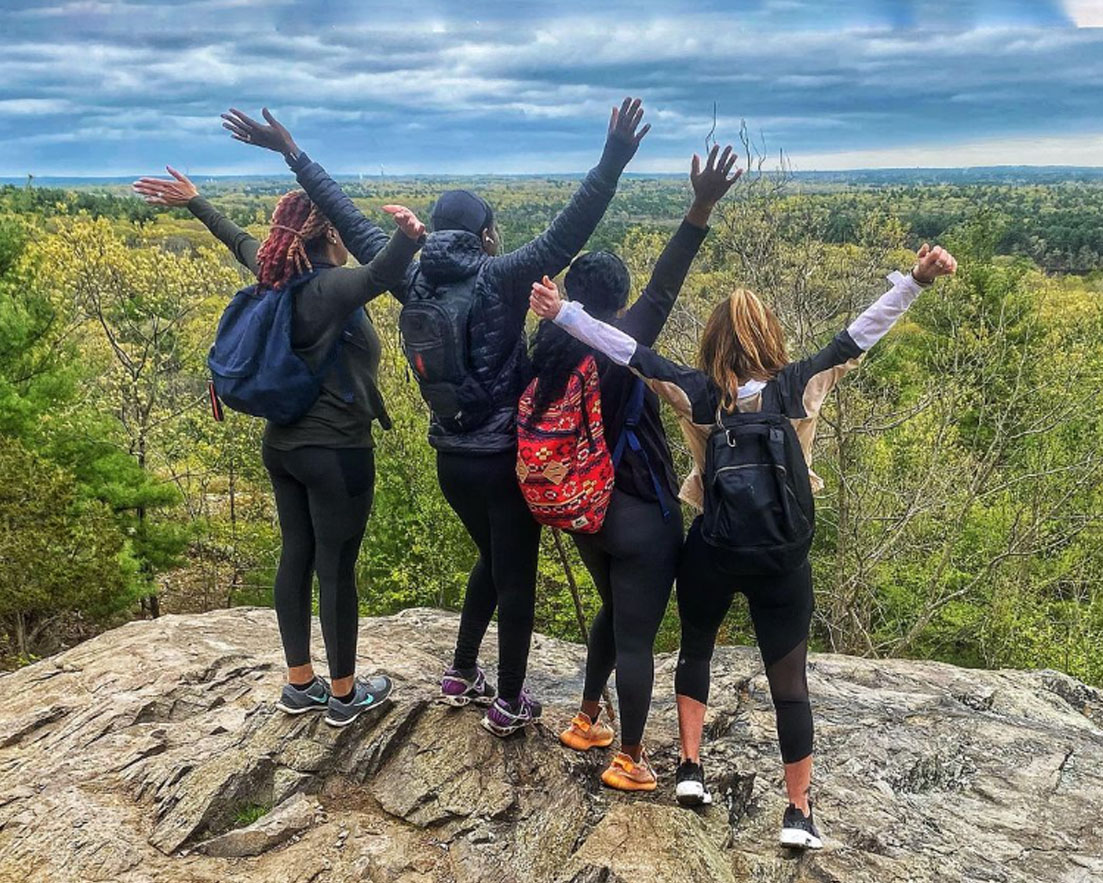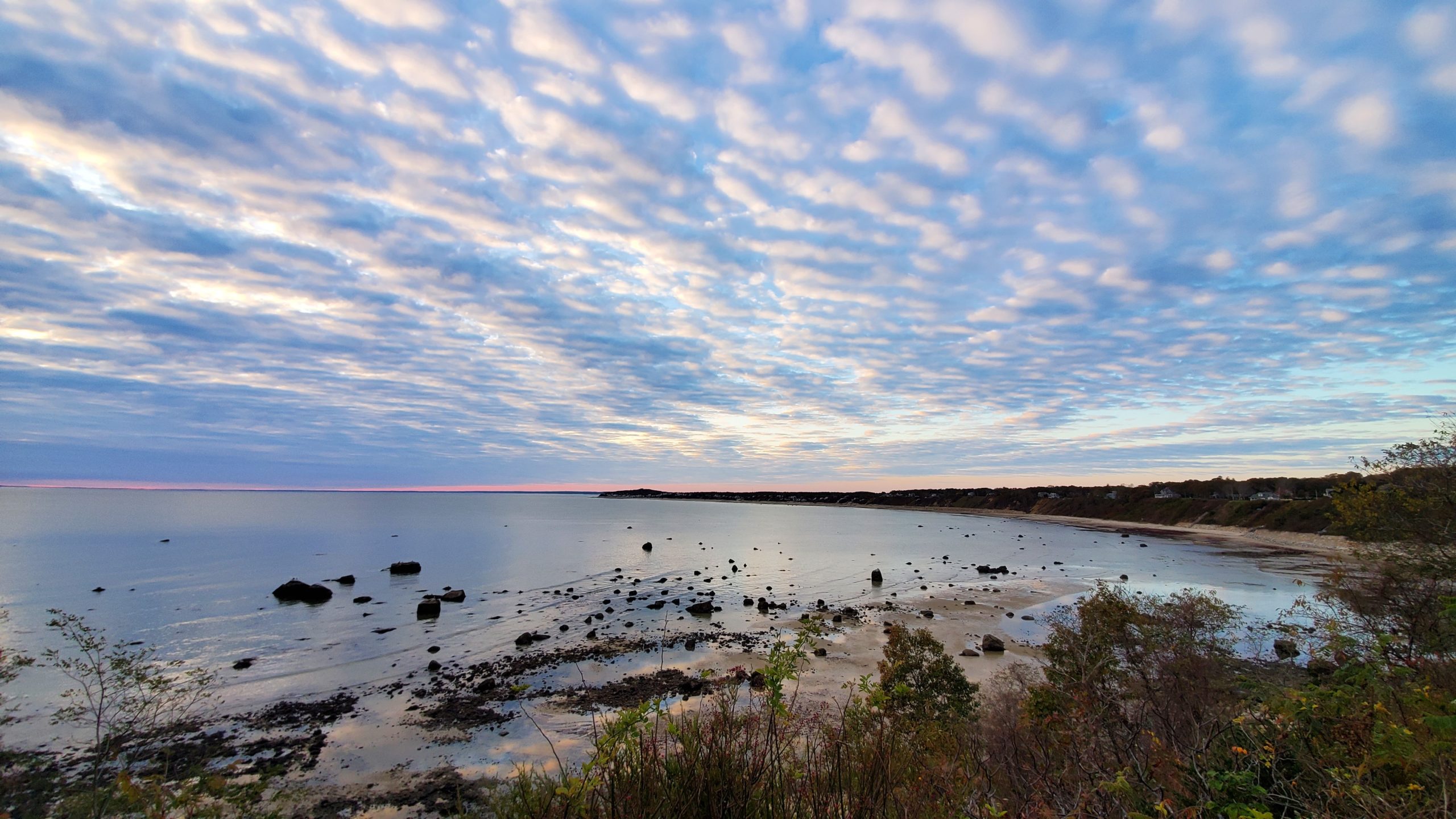With May being Mental Health Awareness Month, I’ve been thinking about the role technology plays in modern mental health and how intentionally carving out time to reconnect with the natural world can bring mental and physical benefits alike.
I began by asking myself: how much time do we spend on our phones daily? How much news do we consume online? Where do we form most of our connections nowadays? Personally, I mostly access both news and my social circles via social media or other digital platforms I can access from the confines of my room.
For me and many of my Gen Z peers, as well as millennials who grew up in a post-internet and smartphone society, the time we spend outside has become less and less as we often find ourselves immersed within our digital worlds.
However, research shows that the time we spend outside can have a very beneficial impact on our mental health. Researchers from Arizona State University found that setting aside just 20 minutes a day to stroll outside and get some sun exposure or sit in a place that puts you in contact with some aspect of nature can significantly lower your stress hormone levels.
To hear personal stories about the impact nature can have on positive mental wellbeing, I reached out to a couple of colleagues at Manomet who often help cultivate opportunities for our team members to nurture their wellbeing through meditation and connecting with nature. Here, they describe their personal experiences with nature and share ideas about how all of us can step into the outdoors to lower stress.
—
Kim Goggin, master gardener and accounting, HR, and administrative coordinator, has been with Manomet for over 30 years. She shares a special connection with the land at Manomet that she has tended to with great care. Since Kim was a young girl, she says she has always found a friend in nature.

“I feel at peace when I’m surrounded by nature,” she says. “Just being outside and working in the garden, or walking in the woods or on the beach… it gives me so much peace. In winter, I especially like having bright colors around me to cheer me up! If I bring flowers into my home or office, for me, that’s my medicine to keep away the winter blues.”
For Goggin, her personal connection to the living world not only has a positive influence on her mental wellbeing, but also brings deeper meaning to her life.
“It’s more than just my mental health for me,” she says. “It’s my spiritual health, which is so important to me. It’s just where I feel connected to some greater source and also to other people I’ve met. I think what really makes [nature] so special is the community of people that you can meet who love nature. If you go on a hike, everybody’s saying ‘hi’ to each other and ‘have a wonderful day!’ I find that people who seek nature are warm and friendly.”
Goggin’s connection to the outdoors also inspires her poetry; in addition to being a nature lover, she’s also a lover of the arts.
“Especially here at Manomet’s headquarters, we have this beautiful history,” she says. In 1969, the former owners of Manomet’s 40-acre coastal property donated their home and land to the then-called Manomet Bird Observatory. They also left behind family memories and materials that are now precious archives cherished by Goggin, who earned a degree in anthropology and loves the history of people.
“Ellen Ernst and her family kept journals about their life here at Manomet. When I read those journals, I hear their voices come to life,” she says. “There’s a beautiful writing in the journals about an evening when they’re sitting on the bluff, in 1906, and a violinist from Warsaw, Birnbaum, joined them as he played his violin on the bluff in the moonlight. They also provided refuge to an artist, Maurice Fromkes, during the Great War. Coming from the art centers of Europe, he became their friend and neighbor as he used the garden house as a studio to create his beautiful works of art.”
Goggin says journal entries like that one—there are three journals written over almost 60 years, from 1896 to 1954—have made her more appreciative of the land at Manomet’s headquarters, and have sparked a deeper sense of devotion in her efforts to carry that history and reverence for the land forward for future generations.
Since Goggin is Manomet’s master gardener, and I was inspired by listening to her talk about her connection with Manomet’s gardens, I asked her if she had any tips for people who are interested in getting into gardening for the first time. She says one way to reap deep benefits from gardening is to approach it with the idea that caring for plants is about building a network of relationships within our living world.

“When people move from this ego-centric place of ‘I want a beautiful garden’ to ‘I want to take care of plants and provide for wildlife,’ they become more compassionate gardeners,” she says. If folks don’t have access to their own gardening space, Goggin recommends seeking out community gardens that many cities and neighborhoods have, especially throughout the Greater Boston area. “It’s the small interactions with nature that can help us get started on a lifelong journey to building upon our relationship with nature.”
Access to nature and green space is no doubt good for us, but that access isn’t equitably shared among all people. Many people can grow up isolated from nature or come from backgrounds that haven’t had the equal opportunity to enjoy the benefits of nature like others have. I reached out to Nadia Elysse, Manomet’s director of diversity and belonging, to learn more.

“Over the years since colonization [of land and communities within the present-day United States], people of many different backgrounds have felt differentiated and discriminated against, and tend to stay in spaces that feel comfortable out of concerns for safety,” Elysse says. “For example, there are several subgroups and communities in the country that don’t feel welcome or safe outdoors due to the gatekeeping of public spaces and the systems put in place to oppress people based on their identities. In many cases, even in present time, those people have chosen to stay indoors for that reason,” she says.
“The most effective way to see a change on this front is to educate people [of more privilege] on the unconscious biases that underlie systemic racism in the United States, and to regularly host opportunities for people to increase their awareness of and exposure to different communities, people of different backgrounds than their own, and to have dialogue about biases and racism–even though it can get uncomfortable. I believe this will help create a more welcoming and nurturing outdoors experience for everyone, and open up access to nature’s stress-lowering effects within communities that would benefit greatly from those health impacts.”
Elysse has become an avid hiker in recent years after discovering the joy of working out outdoors and spending more time in nature.
“I have tons of siblings, and I was the youngest growing up, so if I was not with my mom going to church several times a week, I’d be inside the house where my mom felt it was ‘safe,’” she says. “Culturally, women and girls have historically done more in the house while boys were outside playing, so I just never cared to be outdoors because that’s just not the childhood that I had. When some of my friends introduced me to hiking and outdoor fitness classes during the height of the pandemic, I found it really therapeutic.”
Hiking, in particular, has been an especially positive addition to her self-care routine, Elysse says. “When I’m able to go hiking, I can unplug,” she says. “I’m paying attention to my surroundings, I’m not on my phone, and I can hear noises and look around to see wildlife that I probably never would have gotten to see while in the city.”

Elysse didn’t always see herself as a nature lover, but she does have some suggestions for making the transition to spending more time outdoors for people interested in nature’s benefits.
“One of the best ways to start making a connection with nature is to start doing the things we already enjoy outdoors,” Elysse says. Although she gravitated towards hiking because of her fitness interests, she suggests other people might prefer painting, reading, or doing other activities they enjoy outdoors. “By doing something you enjoy, it can help you naturally feel comfortable outdoors, even if you haven’t spent much time outside before.”
I asked her to share her thoughts on whether or not she feels employers should encourage their staff to spend more time outdoors for overall mental health and wellbeing.
“I think people who do fieldwork are very lucky to do what they love while being outside,” she says. “For people who are behind the desk and answering emails all day, in administrative, executive support, communications, and other similar roles, you’re literally behind the computer probably 85 to 90 percent of your day, typically sitting inside. So you have to force yourself to take a break.”
“Mental health is important and it is important for employers to ensure that staff are taking necessary breaks throughout the day to do something for themselves,” she continues. “If that involves taking a 15-minute walk, or creating the opportunity to have lunch outdoors, whatever it is–encouraging and reminding folks that it’s healthy to get some fresh air, I think that’s really important for organizations to foster those rituals.”
Having heard from Goggin and Elysse about the mental health benefits they gain from connecting with nature, I reflected a bit on how everyone might nurture their own relationship with nature in any way they wish. While nature is often seen as existing only in the outdoors, I’d like to propose that nature can also be found in the soothing sounds of running water, or birds chirping outside a window, or having some blooming flowers in a vase. We can each find our peace and healing in any form we like, and as we spend time thinking about ourselves and our own relationships with the natural world, let’s also think about what types of connections to nature can better inspire us to give back to Mother Nature’s roots, and nurture and conserve our living planet like it can do for us.





 Back to all
Back to all